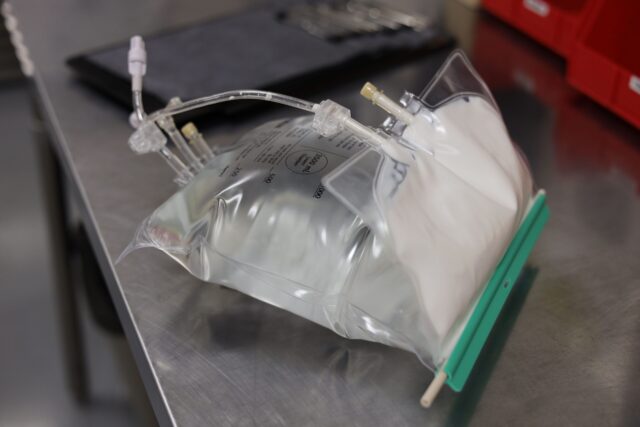Living with short bowel syndrome (SBS) can be a challenge, especially when trying to craft a tailored diet plan to optimize your nutritional intake and overall well-being. Curious about the do’s and don’ts of the short bowel syndrome diet? This guide is for you.
Understanding Short Bowel Syndrome
Short bowel syndrome often occurs following surgical removal of a portion of the small intestine due to conditions such as Crohn’s disease, ischemic bowel disease, or trauma. This reduction in intestinal length can result in malabsorption issues, diarrhea, dehydration, and nutrient deficiencies. Proper dietary management of SBS is crucial to supporting your health and mitigating these symptoms.
What Is the Best Diet for Short Bowel Syndrome?
Developing your diet plan for SBS involves prioritizing nutrient-dense foods that are easily digestible and absorbed. Opt for frequent, smaller meals throughout the day to minimize gastrointestinal distress and maximize nutrient absorption. Eating lean proteins, complex carbohydrates, healthy fats, and a variety of fruits and vegetables can help ensure you meet your daily nutritional needs.
Foods To Avoid With Short Bowel Syndrome
You may find that certain foods exacerbate your SBS symptoms. These often include:
- High-fat or greasy foods
- Spicy foods
- Sugar
- Dairy products
- Fried meats
Caffeine and alcohol can also have an adverse impact. While you might be able to eat small amounts of these foods occasionally, they can increase the risk of diarrhea, dehydration, and discomfort if you have a compromised digestive function.
Safe Foods for Short Bowel Syndrome
Focus on including foods rich in easily absorbable nutrients such as:
- Lean proteins (chicken, fish, tofu)
- Complex carbohydrates (whole grains, fruits, vegetables)
- Healthy fats (avocado, nuts, olive oil)
These will provide essential amino acids without overloading the digestive tract.
Additionally, consume foods high in soluble fiber (oats and bananas) to aid in regulating bowel movements and promoting gut health. Having an approved short bowel syndrome food list on hand can help you optimize your meal planning.
Essential Nutrients To Focus On
Key nutrients to prioritize include electrolytes (sodium, potassium, magnesium), vitamins (especially B12, D, and K), and minerals (iron, zinc). These nutrients are essential for maintaining energy levels, supporting bone health, and preventing deficiencies commonly associated with SBS.
Working With a Dietitian
Collaborating with a registered dietitian experienced in managing short bowel syndrome provides you with personalized guidance and support. A dietitian can assess your individual nutritional needs, create customized meal plans, and offer practical tips for optimizing digestion and absorption. Regular follow-up appointments allow for adjustments to the diet plan based on your progress, preferences, and changing needs.
With Nutrishare, you will be paired with a dedicated clinician who holds the Certified Nutrition Support Clinician® credentialing from the National Board of Nutrition Support Certification. We will help you get the guidance and support you need to thrive. If you are interested in SBS recipes, check out our free resource on oral rehydration solutions to optimize your nutrient intake.
Managing SBS With Home Total Parenteral Nutrition
For individuals with severe malabsorption or nutritional deficiencies, home total parenteral nutrition (TPN) may be recommended. Nutrishare specializes in providing comprehensive TPN services, including personalized nutrition formulations and ongoing support from experienced clinicians. Their expertise in managing short bowel syndrome ensures you receive the specialized care you need to thrive.
You can learn more about SBS and how to manage it effectively by downloading our free e-book. If you want to learn more about Nutrishare’s services and how we can help you manage your symptoms and get the nutrition you need, please contact us online or by calling us at 1-866-768-1749.




